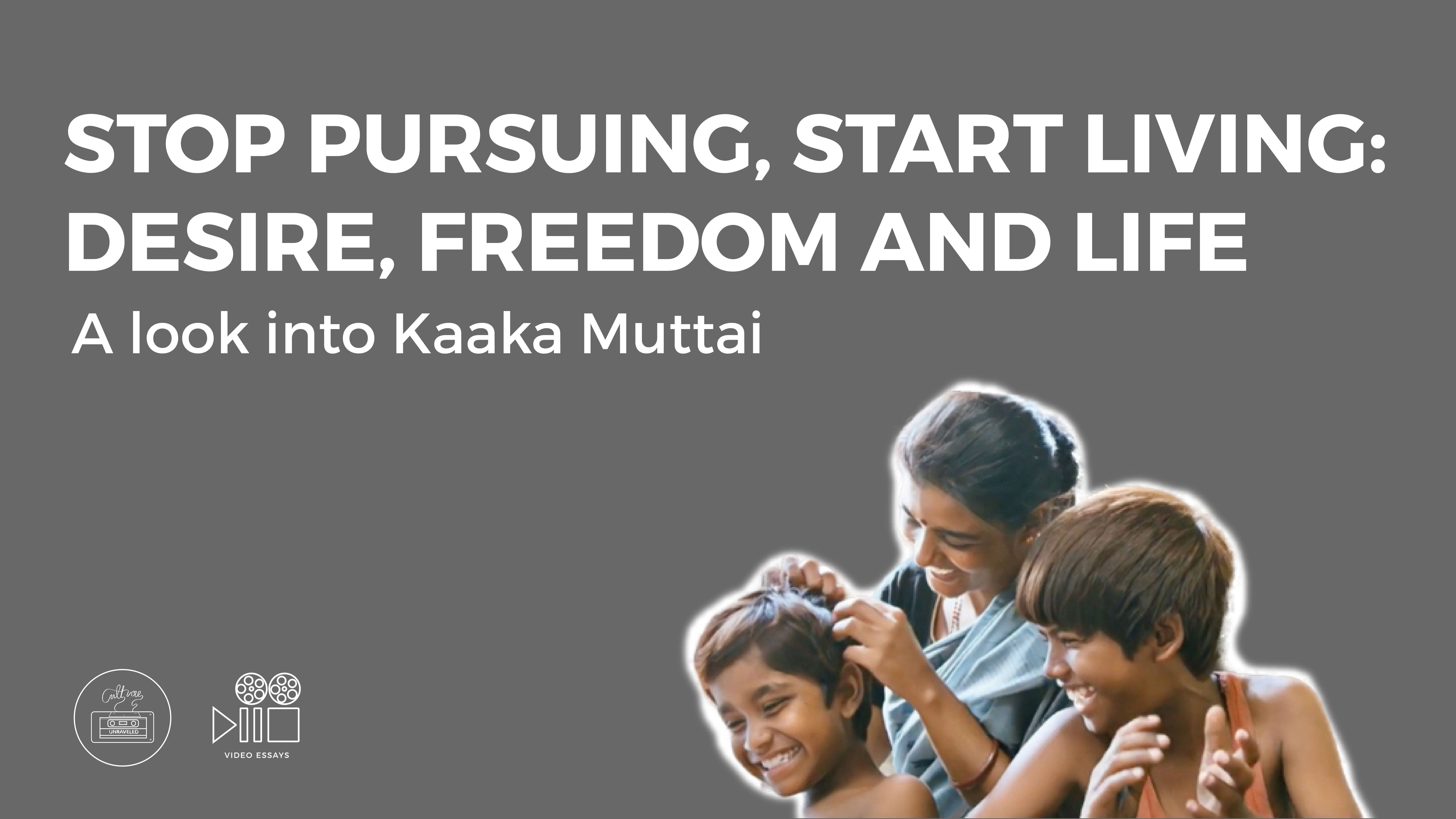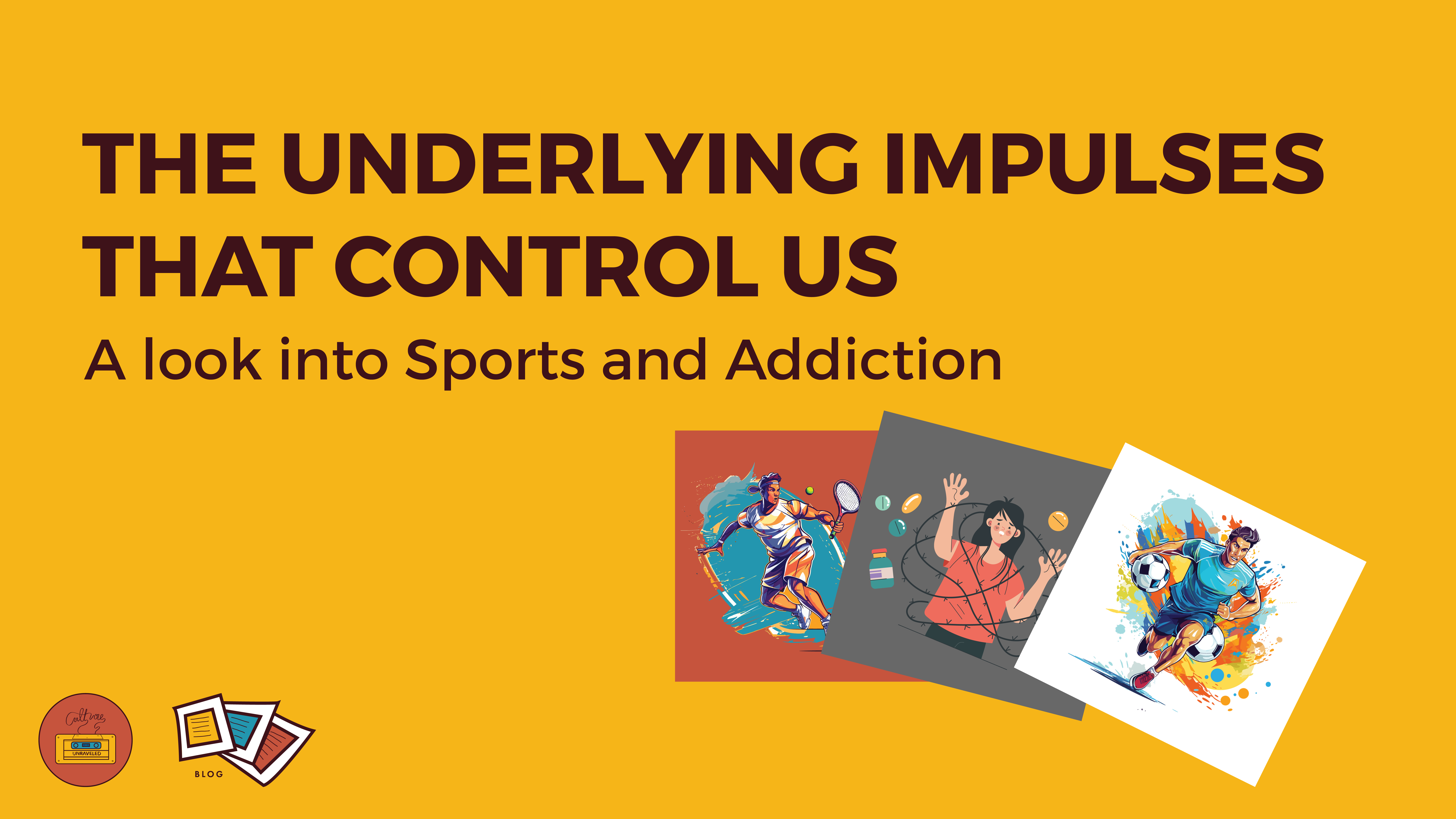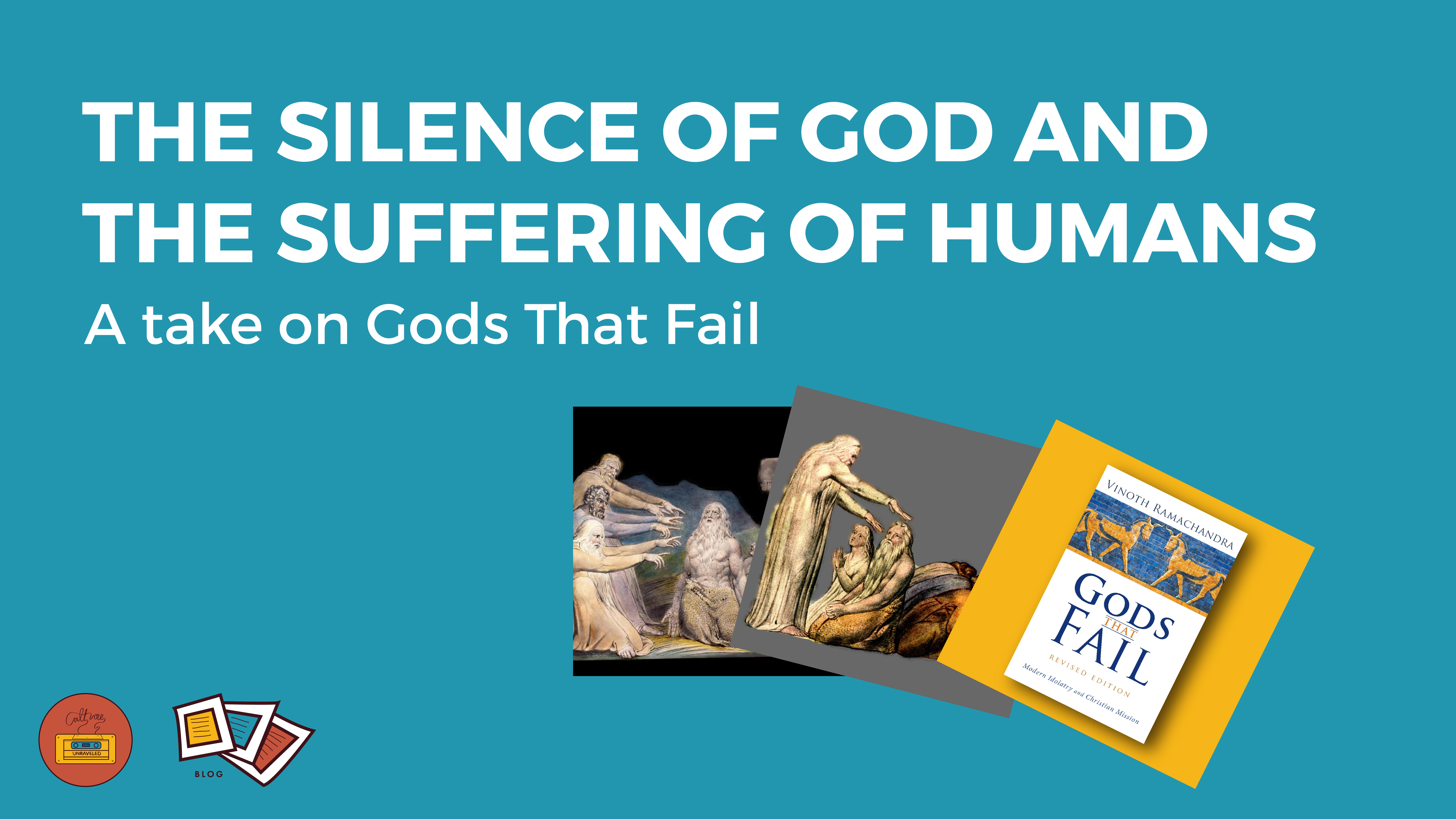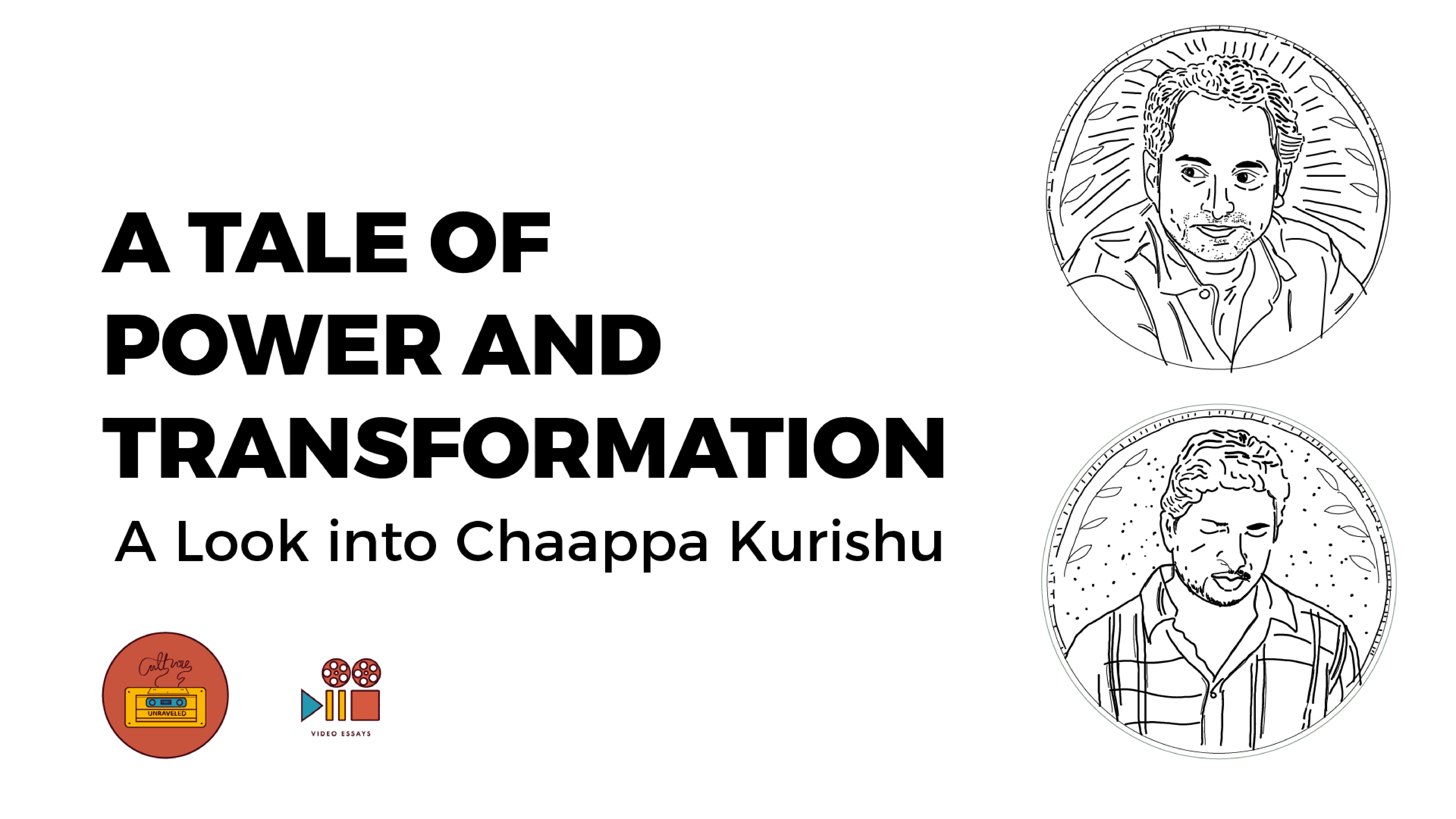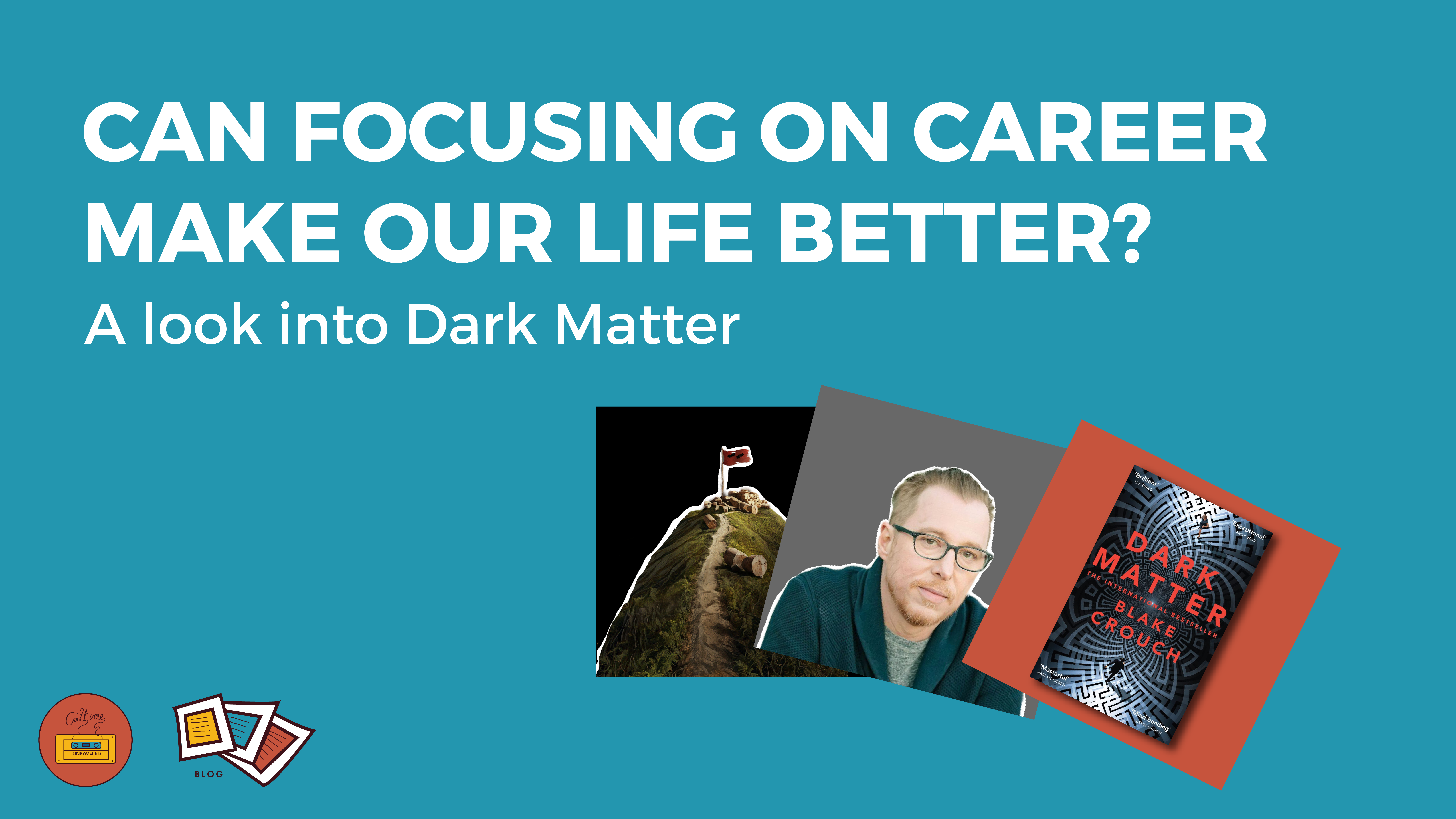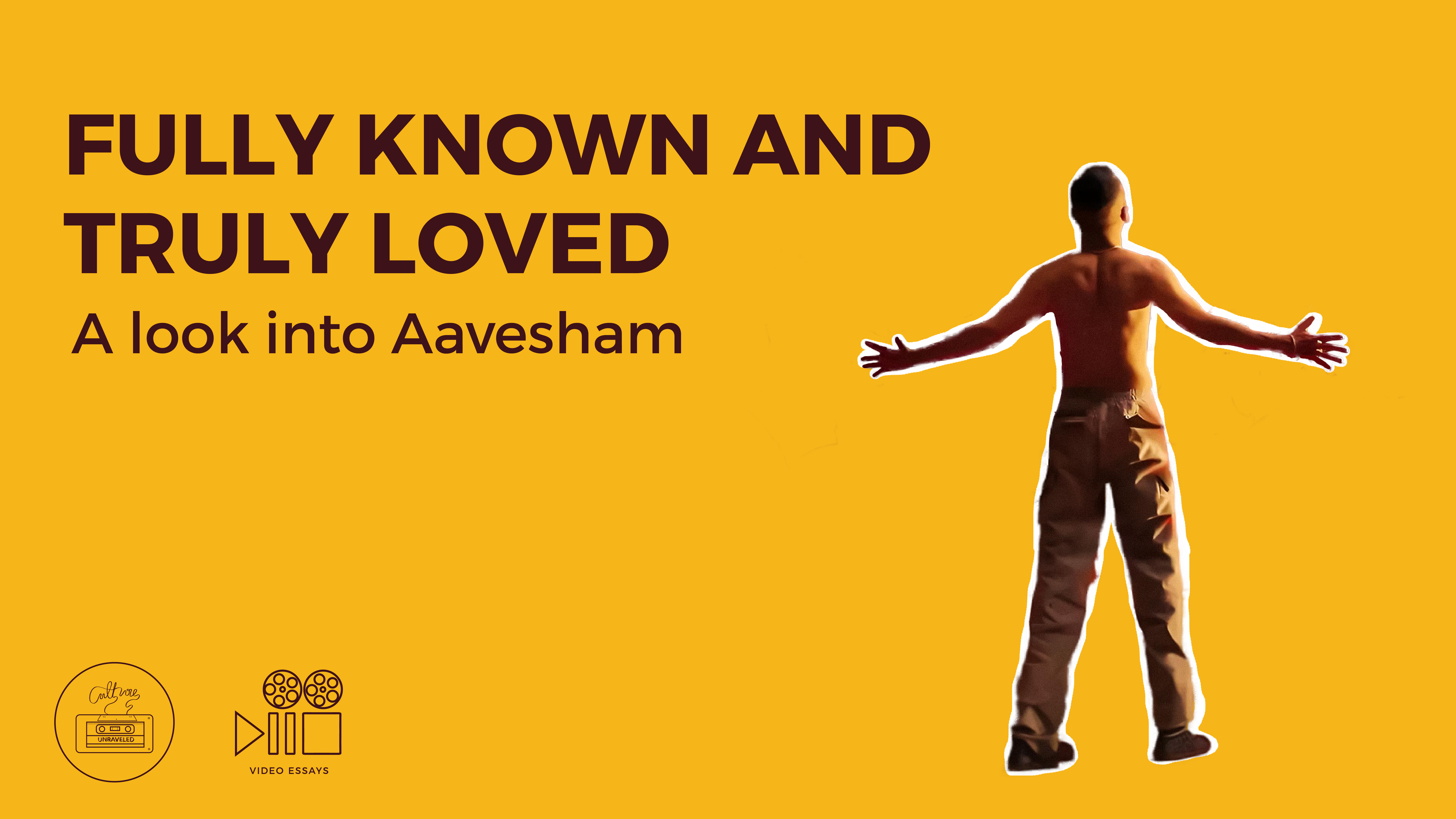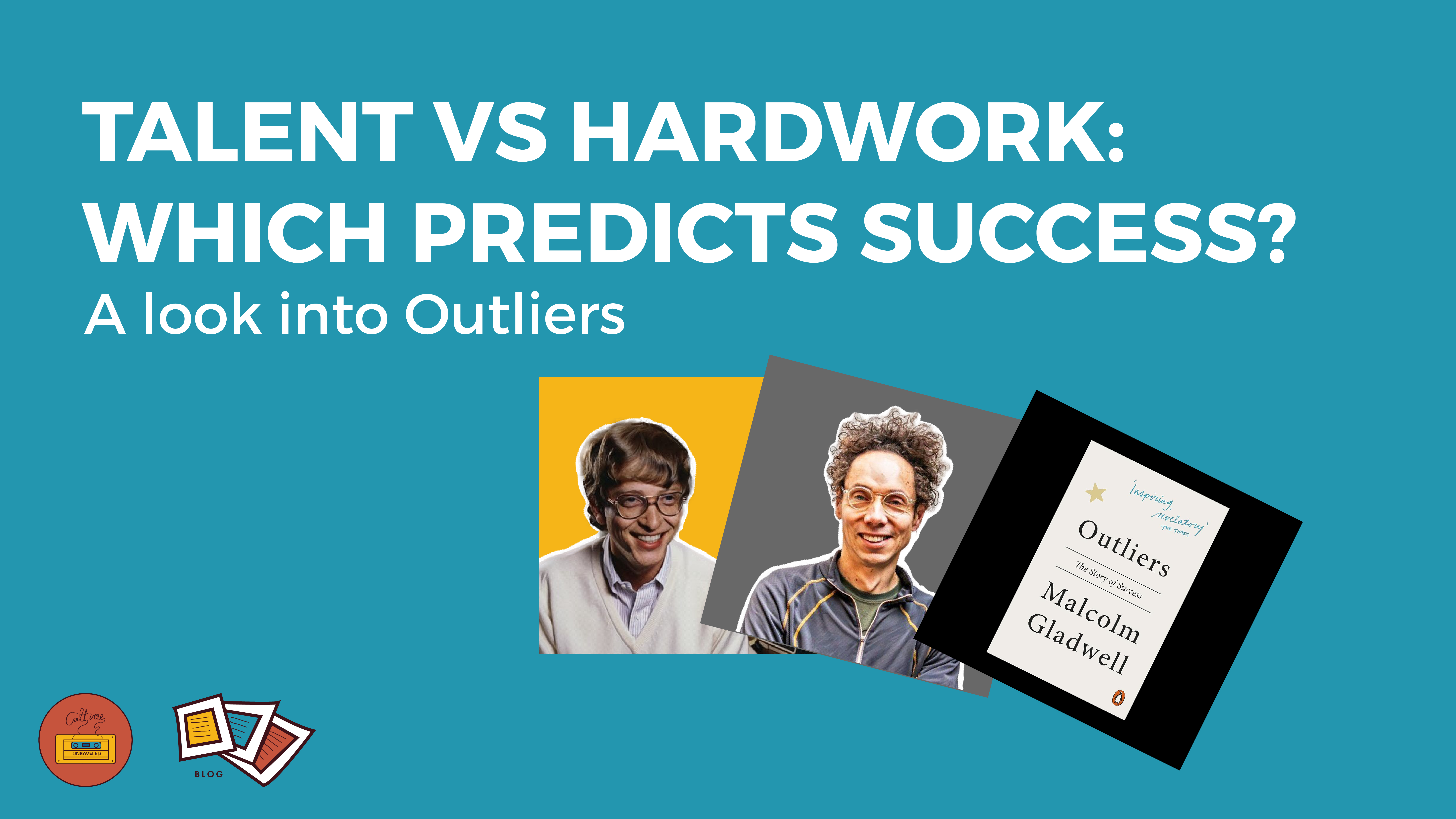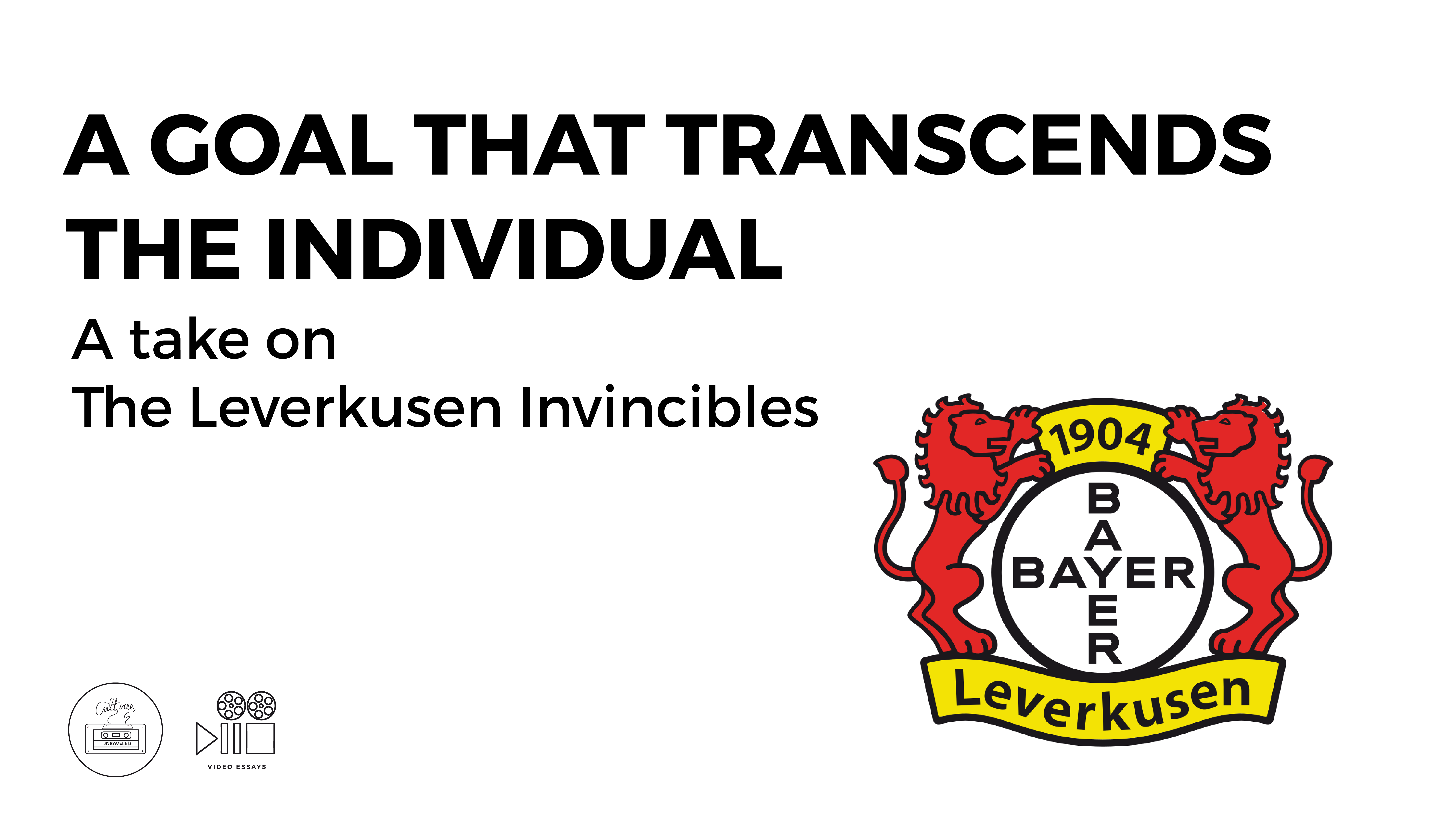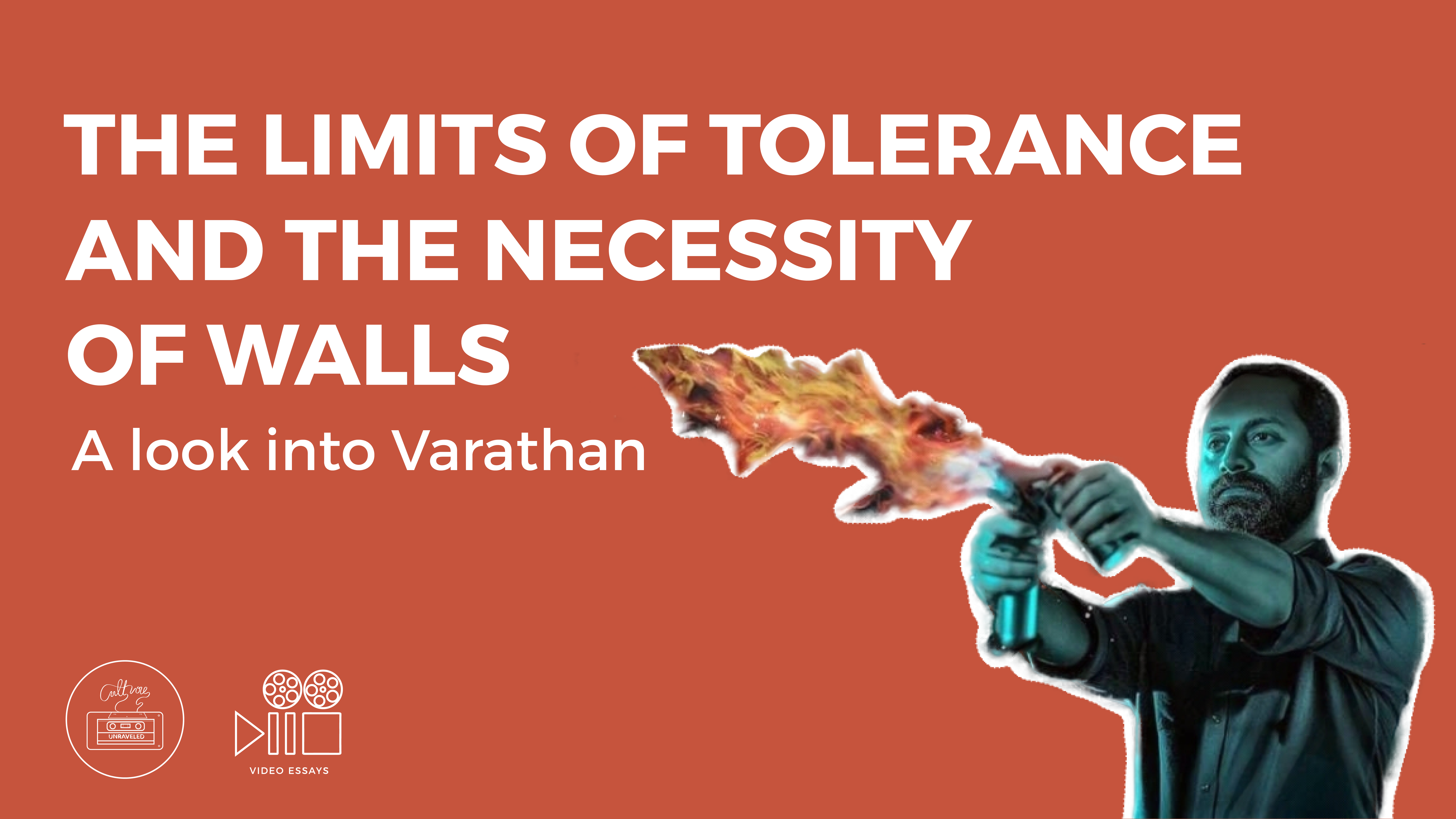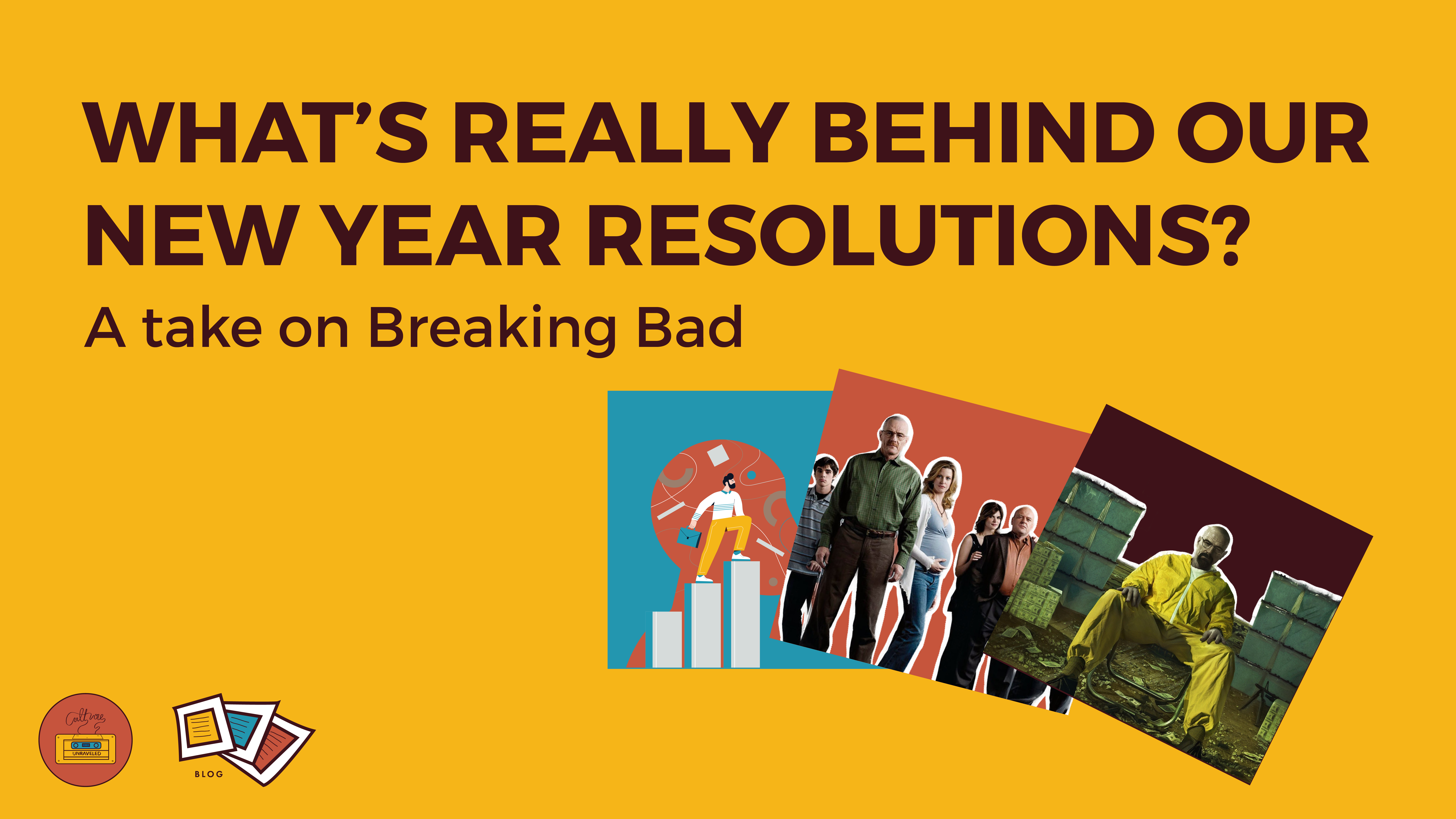
New Year’s Resolutions. 3 words that all of us have likely heard often in the past week or so. Perhaps too often even. 3 words that simultaneously contain significant positive as well as negative potential. Either way, hopefully you’ve made some for yourself, and if you haven’t, it’s likely you’re in the process of doing it, or maybe you’re someone who doesn’t even see the point in them.
Nonetheless, the process of goal setting in general is what lies at the foundation of New Year’s Resolutions and working towards a goal is something that is common amongst almost everyone. But one of the pitfalls of New Year’s Resolutions and goal setting are the underlying intentions behind them that we don’t acknowledge and could even be completely oblivious of since a lot of them are subconscious. In fact this idea of the true motivations behind seemingly genuine goals has been explored in multiple films, shows and books.
In the critically acclaimed and award winning show ‘Breaking Bad’, the protagonist – Walter White, finds out he has terminal cancer and only has months left to live. So in order to provide for his family financially in the event of his death, he decides to move into a life of crime and starts manufacturing and selling drugs to make that money.
But as the show progresses, it starts to become clear that true intentions behind Walter’s actions don’t have as much to do with his family as he thought. He was involving himself in this life of crime with the pretence that his goal was to provide for his family, but when the need to provide for his family no longer exists, he realises that he was never really in it for them, among other things, he wanted power & he wanted excitement.
Now that might not inherently be a bad thing but it further elucidates the point that the reason we tell ourselves we’re pursuing a goal, isn’t always the genuine reason, in fact, it very rarely is.
In some capacity or the other, everyone has goals they want to achieve, they might be long term life goals, they might be short term self improvement goals or they may lie somewhere in between, but consciously questioning the true intent behind our goals can enable us to either self correct and alter our goals, or it can enable us to understand ourselves better and might even help us get to the goal faster.
A lot of the time, we tell ourselves our goals are driven by improving the world around us, providing valuable services for a community, creating art or inspiring people, and while those might be part of the equation that makes up our motivations behind our goals, what we’re likely not conscious of is that things like power, fame, status, attention and validation from our peers might even be a bigger motivation without us even acknowledging it.
_________________________________________
Written by Ben Joshua

